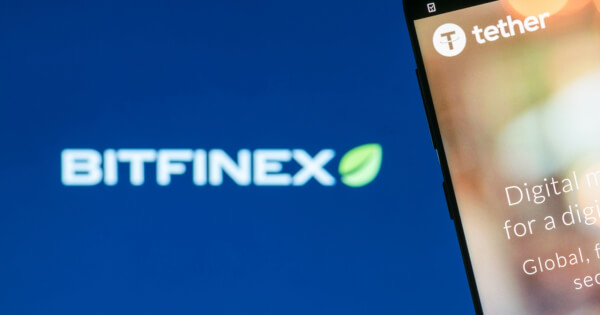Rongchai Wang
Aug 20, 2024 04:47
Ethereum ETFs face significant outflows and underperform compared to Bitcoin ETFs, influenced by aggressive market activities and macroeconomic factors.
Ethereum (ETH) continues to lag behind Bitcoin (BTC) as its exchange-traded funds (ETFs) struggle with significant outflows. According to Bitfinex Alpha, aggressive selling from major market makers like Jump Trading has exacerbated the situation, leading to a notable 40 percent decline in Ether’s price as of early August. The ETH/BTC ratio has also plummeted to its lowest level in over 1,200 days.
Challenges Facing Ethereum ETFs
Despite some positive inflows into newer Ethereum ETFs such as BlackRock’s iShares Ethereum Trust, older products like Grayscale’s Ethereum Trust (ETHE) have experienced substantial outflows. This disparity highlights the challenges Ethereum ETFs are facing in maintaining investor confidence and attracting sustained interest.
Bitcoin ETFs Show Resilience
In contrast, Bitcoin ETFs have shown resilience with consistent inflows and a more stable price performance. Market confidence in Bitcoin remains strong, even amid challenges like supply overhang. Bitcoin continues to follow its historical halving year trajectories, with expectations for an extremely bullish Q4. Historical data suggests that either the Q3 low is in, or there is one last leg lower to find the bottom for Bitcoin.
Macroeconomic Influences
Macroeconomic data from July indicates a moderation in inflation, with consumer prices increasing at a subdued pace. For the first time in nearly three and a half years, the annual inflation rate dipped below three percent, raising expectations that the Federal Reserve may consider reducing interest rates soon. The Producer Price Index (PPI) for July rose by just 0.1 percent, down from 0.2 percent in June, suggesting lower production costs are contributing to the overall cooling of inflation. However, US retail sales surged in July, marking their most significant acceleration since early 2023, reflecting robust consumer spending.
Sectoral Disparities
Not all sectors of the economy are performing well. The US housing market continues to struggle, with single-family home construction falling to a 16-month low in July. Factors such as the impact of Hurricane Beryl, an increase in the supply of new homes, and the burden of high mortgage rates and rising property prices contribute to this decline. Despite these setbacks, consumer sentiment has shown signs of improvement, with the University of Michigan’s Survey of Consumers recording its first increase in five months, driven by more optimistic expectations for the future.
Recent Developments in Crypto
In related crypto news, the US government recently transferred 10,000 seized BTC, worth approximately $600 million, from the Silk Road case to Coinbase Prime, possibly for custody purposes. This move aligns with the Department of Justice’s partnership with Coinbase Prime to manage large digital assets. Currently, US government wallets hold around $12 billion in Bitcoin.
On the corporate front, Tether has leveraged its growing profits to challenge tech giants by investing in AI and technology startups through its new venture arm, Tether Evo. With $118.5 billion Tether tokens in reserve, Tether’s profits have soared, allowing the company to diversify beyond its stablecoin, USDt, into cutting-edge areas like neural implant technology and AI infrastructure.
Meanwhile, in the UAE, a landmark decision by the Dubai Court of First Instance has validated cryptocurrency payments for salaries under employment contracts. This ruling represents a significant shift in the UAE’s legal stance on digital currencies and further supports Dubai’s ambitions to solidify its position as a global crypto hub.
Image source: Shutterstock









